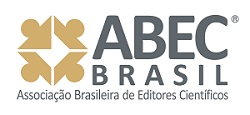Germination, sanity, and store of Myracrodruon balansae diaspores
DOI:
https://doi.org/10.5039/agraria.v16i4a8967Keywords:
Anacardiaceae, seed technology, seed fungi, substrate, threatened speciesAbstract
Many native woody species in Brazil still lack of seed technology studies. Myracrodruon balansae (Anacardiaceae) is a commercially endangered species with few studies. Thus, the objective of this study was to determine the influence of different substrates on germination and to evaluate the appropriate environment for storage and fungi associated with M. balansae diaspores. Two experiments were performed to choose the suitable substrate for germination tests: on top of sieved sand, between two layers of sieved sand, on top of vermiculite, between two layers of vermiculite, on top of blotter paper, between blotter paper, into paper rolls, and to evaluate their storage potential, and the associated fungi in three environmental conditions: wet cold chamber, refrigerator, and room temperature, for 18 months. Based on the results, germination tests can be performed on the substrates: on top of sieved sand, on top of vermiculite, between two layers of vermiculite, and on top of blotter paper. The diaspores could be stored with a water content of 10%, in a refrigerator at 3 °C, and 48% of relative humidity for 18 months, with only 18% of germination capacity loss. The main genera of fungi associated with stored seeds were Alternaria, Aspergillus, and Penicillium.



